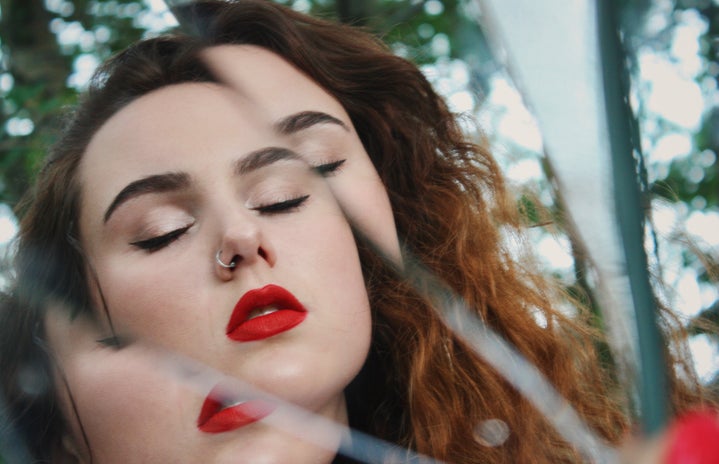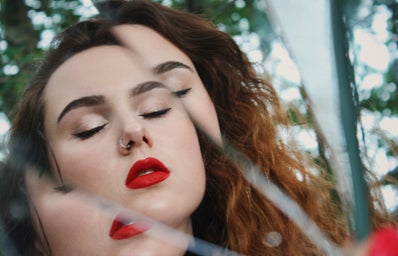It is human nature to try to make sense of the world around us. The world is endlessly full of things to experience, sensations to feel and people to meet. In the brain’s quest to figure out what’s happening and create reality as we know it, it does its best to simplify and categorize stimuli information. Objects are sorted by theme, color and purpose. With people, it becomes a bit more complicated.
In psychology, there is something called an “ingroup” that is defined as the social group(s) one identifies themselves as a part of. People naturally have the tendency to be biased toward those in their own social groups (referred to as in-group bias). Now, think about the concept in reverse. An outgroup is a social group someone does not identify with. Outgroup bias is the psychological tendency to dislike or have a negative prejudice against social groups one is not a part of.
These simple concepts are the basic building blocks for much larger, widescale global issues. Today, we will tackle the topic of stereotypes, known as widely held assumptions and beliefs about certain groups of people. These assumptions are usually generalizations similar to how the brain likes to simplify the complex world around us.
Some stereotypes can be harmless. They’re commonly observations about certain social groups that are spread to be fact throughout society. While a majority of stereotypes likely aren’t made with malicious intent, it doesn’t mean the effects of being associated with traits without a choice isn’t psychologically damaging.
The issue lies in the fact that it’s impossible for a single trait or fact to apply to every person in the social group. Humans aren’t built to be one single thing, we are innately born with different capabilities, different wishes and different ways of thinking. Not even identical twins are identical in every aspect, so why should we assume that different social groups would be as well? In a way, stereotypes are dehumanizing as it reduces individuals to their social groups and nothing more.
We are born into stereotypes. No one asks to be born of a specific race, family or income, yet just as we are not born into them, we also do not control how they evolve throughout our lifetime.
I used to despise it when people would project stereotypes onto me. People saw me as a small, weak Asian girl. A poor, unsuccessful artist. Crazy. The more assumptions people made about me the more I felt trapped in those meaningless words attached to me. It didn’t matter whether there was truth to them or not, it was the lack of control that bothered me.
I recently went to New York where I was surrounded by people of all different ages, genders and ethnicities constantly. It was the first time I’d been in a crowd that large since before the start of the pandemic. The beauty of New York is that you feel small. You feel like you are part of something much bigger than yourself, than the little problems and anxieties in your life, or the silly words that people assign to you.
It’s freeing to remember that even if you fail your next test or class, the world will still be standing no matter what. Even if someone tells you that you are one thing, you have the power to make it apply to you or not.


